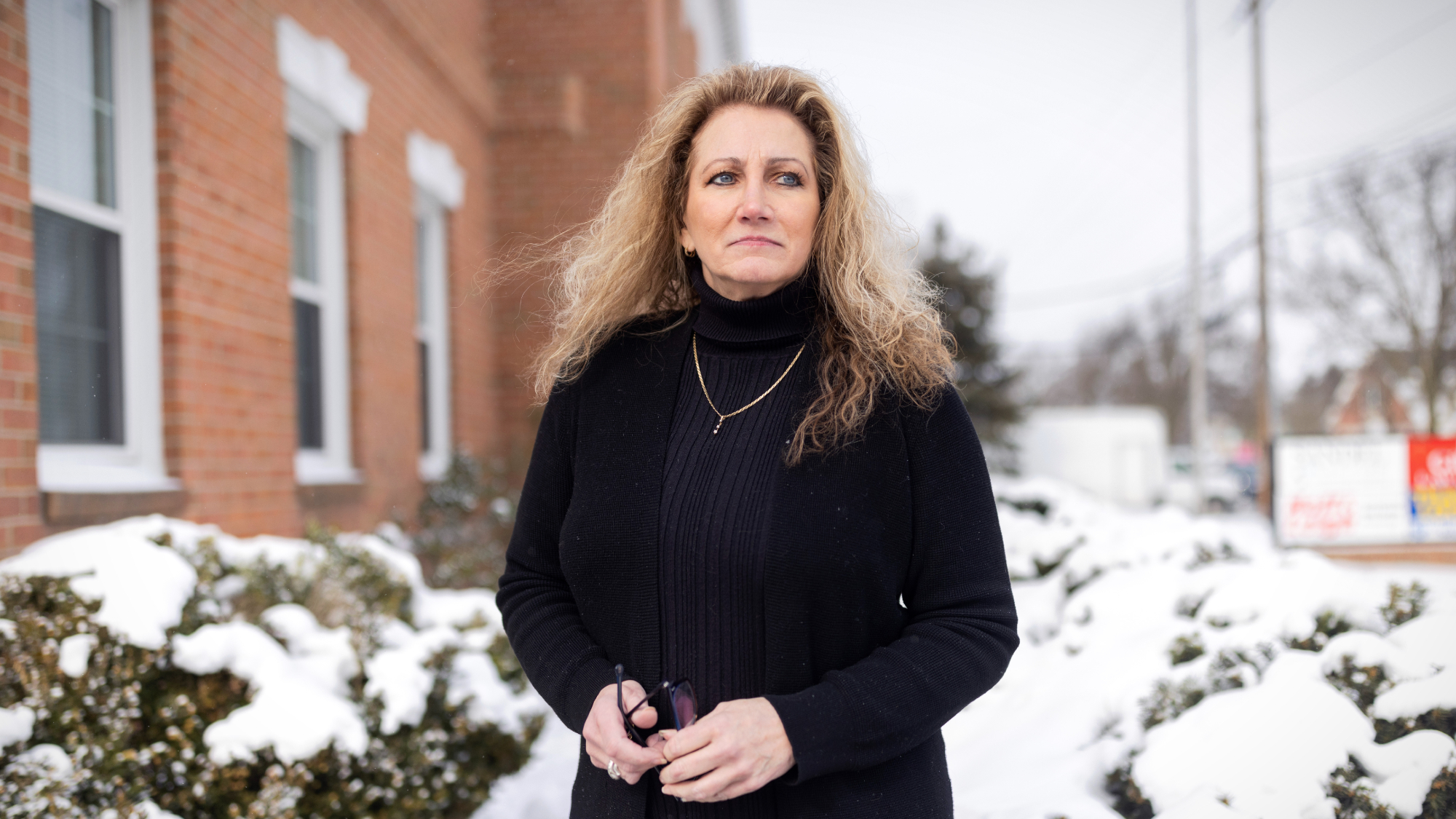Supreme Court lowers bar in discrimination cases
The court ruled in favor of a white woman who claimed she lost two deserved promotions to gay employees


A free daily email with the biggest news stories of the day – and the best features from TheWeek.com
You are now subscribed
Your newsletter sign-up was successful
What happened
The Supreme Court Thursday made it easier to bring "reverse discrimination" workplace lawsuits, ruling unanimously in favor of a white woman in Ohio who claimed she lost two promotions to less-qualified gay employees. The majority opinion, written by Justice Ketanji Brown Jackson, said Title VII of the 1964 Civil Rights Act leaves "no room for courts to impose special requirements on majority-group plaintiffs" in discrimination suits.
Who said what
The ruling affects 20 states and the District of Columbia, where, "until now, courts had set a higher bar when members of a majority group, including those who are white and heterosexual, sue for discrimination under federal law," The Associated Press said.
The plaintiff, Marlean Ames, had an "unusual set of allies in the case," drawing support from both the Biden administration and Stephen Miller's far-right America First Legal organization, The Washington Post said. Justice Clarence Thomas quoted the America First brief in his concurring opinion, joined by Justice Neil Gorsuch, to assert that U.S. employers "have long been 'obsessed'" with DEI and "affirmative action."
The Week
Escape your echo chamber. Get the facts behind the news, plus analysis from multiple perspectives.

Sign up for The Week's Free Newsletters
From our morning news briefing to a weekly Good News Newsletter, get the best of The Week delivered directly to your inbox.
From our morning news briefing to a weekly Good News Newsletter, get the best of The Week delivered directly to your inbox.
What next?
Ames will now get a second chance to prove her discrimination claims in federal court. The broader effect of Thursday's ruling, The New York Times said, is putting "further pressure on employers and others to eliminate affirmative action and other initiatives that seek to provide opportunities to members of historically disadvantaged groups."
A free daily email with the biggest news stories of the day – and the best features from TheWeek.com
Peter has worked as a news and culture writer and editor at The Week since the site's launch in 2008. He covers politics, world affairs, religion and cultural currents. His journalism career began as a copy editor at a financial newswire and has included editorial positions at The New York Times Magazine, Facts on File, and Oregon State University.
-
 What to know before filing your own taxes for the first time
What to know before filing your own taxes for the first timethe explainer Tackle this financial milestone with confidence
-
 The biggest box office flops of the 21st century
The biggest box office flops of the 21st centuryin depth Unnecessary remakes and turgid, expensive CGI-fests highlight this list of these most notorious box-office losers
-
 What are the best investments for beginners?
What are the best investments for beginners?The Explainer Stocks and ETFs and bonds, oh my
-
 ICE eyes new targets post-Minnesota retreat
ICE eyes new targets post-Minnesota retreatIn the Spotlight Several cities are reportedly on ICE’s list for immigration crackdowns
-
 Judge blocks Hegseth from punishing Kelly over video
Judge blocks Hegseth from punishing Kelly over videoSpeed Read Defense Secretary Pete Hegseth pushed for the senator to be demoted over a video in which he reminds military officials they should refuse illegal orders
-
 Trump’s EPA kills legal basis for federal climate policy
Trump’s EPA kills legal basis for federal climate policySpeed Read The government’s authority to regulate several planet-warming pollutants has been repealed
-
 House votes to end Trump’s Canada tariffs
House votes to end Trump’s Canada tariffsSpeed Read Six Republicans joined with Democrats to repeal the president’s tariffs
-
 Bondi, Democrats clash over Epstein in hearing
Bondi, Democrats clash over Epstein in hearingSpeed Read Attorney General Pam Bondi ignored survivors of convicted sex offender Jeffrey Epstein and demanded that Democrats apologize to Trump
-
 El Paso airspace closure tied to FAA-Pentagon standoff
El Paso airspace closure tied to FAA-Pentagon standoffSpeed Read The closure in the Texas border city stemmed from disagreements between the Federal Aviation Administration and Pentagon officials over drone-related tests
-
 Judge blocks Trump suit for Michigan voter rolls
Judge blocks Trump suit for Michigan voter rollsSpeed Read A Trump-appointed federal judge rejected the administration’s demand for voters’ personal data
-
 US to send 200 troops to Nigeria to train army
US to send 200 troops to Nigeria to train armySpeed Read Trump has accused the West African government of failing to protect Christians from terrorist attacks
